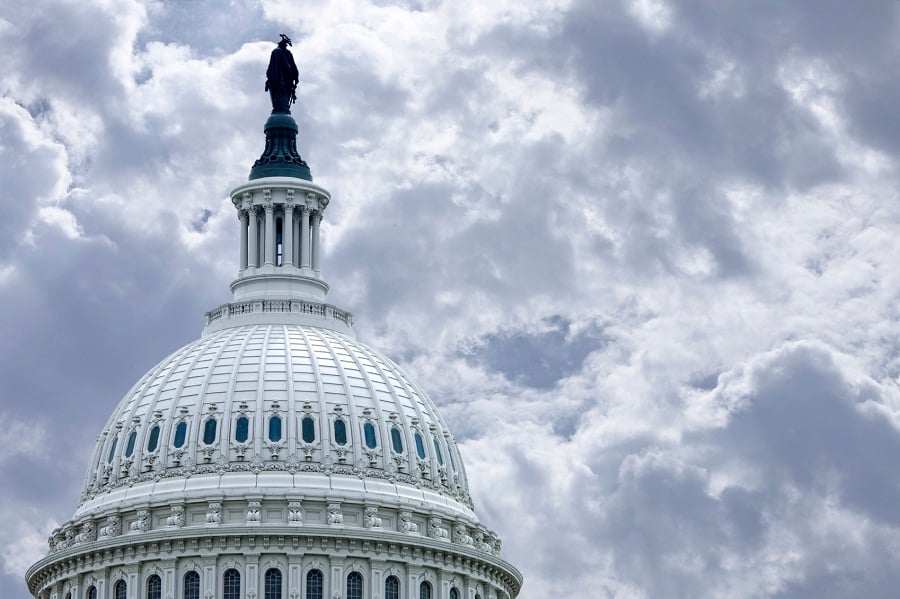

Bipartisan legislation that would facilitate electronic delivery of investment documents has emerged as Congress is wrapping up its current session, laying down a marker for work on the issue next year.
Reps. Bill Huizenga, R-Mich., and Jake Auchincloss, D-Mass., last week introduced the Improving Disclosure for Investors Act, which would require the Securities and Exchange Commission to write a rule that permits registered investment companies, broker-dealers, investment advisers and other financial entities to deliver regulatory documents automatically via email.
The SEC currently allows electronic delivery if investors opt in. The legislation would make it the default method while allowing investors to request paper documents.
Financial firms and their trade associations have been pushing the SEC to expand electronic delivery, arguing that it better reflects how investors want to communicate.
“Fidelity Investments has long advocated for digital-first public policies, particularly the need for the Securities and Exchange Commission to transition the default method for sending regulatory documents from paper to digital,” Fidelity said in a statement.
The Securities Industry and Financial Markets Association cited a survey it conducted over the summer as evidence that investors want electronic communications.
“The time has come — and arguably is overdue — to implement electronic delivery as the default means for delivering investor communications, while giving investors the power to choose paper deliver if preferred,” SIFMA CEO Kenneth Bentsen Jr. said in a statement. “According to a recent survey, a large majority of retail investors, regardless of income or age, want e-delivery for its environmental benefits, speed and convenience.”
Mutual funds have been in the forefront of the push for e-delivery, and their trade association, the Investment Company Institute, is a proponent of the bill.
“The vast majority of investors have internet access,” ICI CEO Eric Pan said in a statement. “This bill reflects their strong preference to receive disclosure document electronically, which also helps investors find the information that is most relevant to them.”
The bill was introduced within days of the conclusion of the current congressional session at the end of the month. All legislation that is not enacted before Congress goes home for the holidays dies and will have to be reintroduced in the new Congress next year.
But getting the bill in the hopper now provides momentum for e-delivery.
“The bill is meant to encourage and guide the SEC to make rule changes and to demonstrate there’s a bipartisan will to get it done,” said a financial industry lobbyist who was not authorized to speak for attribution.

Driven by robust transaction activity amid market turbulence and increased focus on billion-dollar plus targets, Echelon Partners expects another all-time high in 2025.

The looming threat of federal funding cuts to state and local governments has lawmakers weighing a levy that was phased out in 1981.

The fintech firms' new tools and integrations address pain points in overseeing investment lineups, account monitoring, and more.

Canadian stocks are on a roll in 2025 as the country prepares to name a new Prime Minister.

Carson is expanding one of its relationships in Florida while Lido Advisors adds an $870 million practice in Silicon Valley.
RIAs face rising regulatory pressure in 2025. Forward-looking firms are responding with embedded technology, not more paperwork.
As inheritances are set to reshape client portfolios and next-gen heirs demand digital-first experiences, firms are retooling their wealth tech stacks and succession models in real time.
